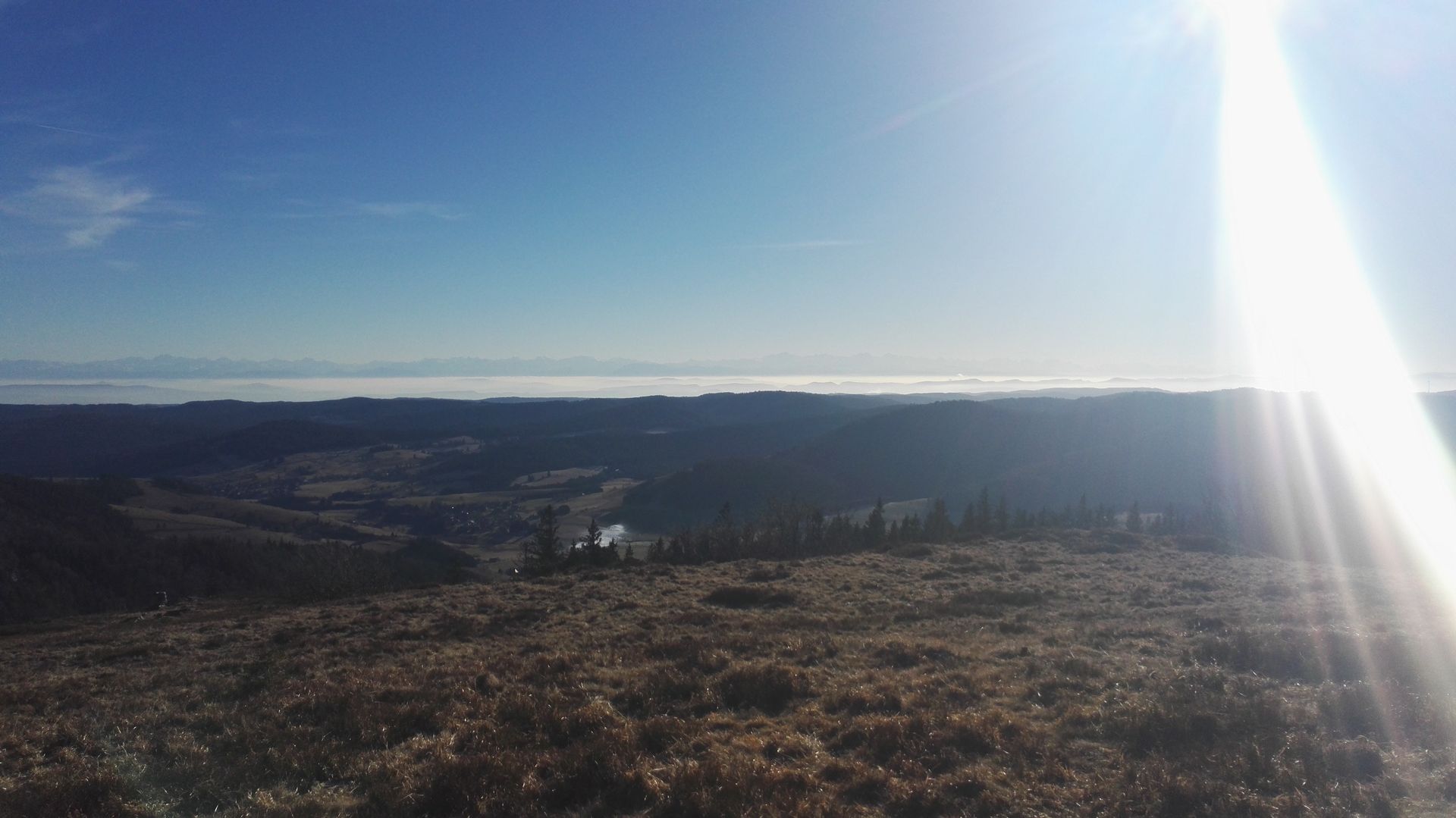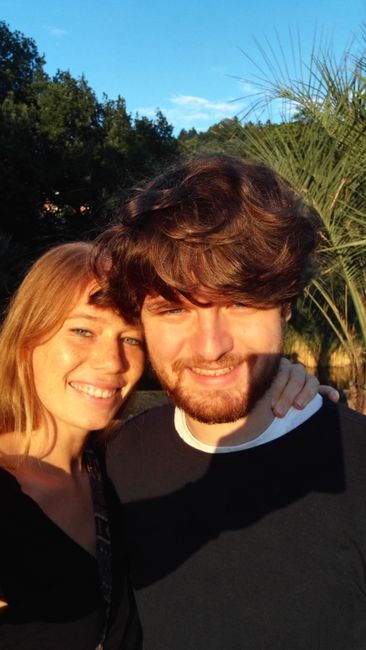Multicultural Sarajevo and Bosnian hospitality
வெளியிடப்பட்டது: 11.11.2018
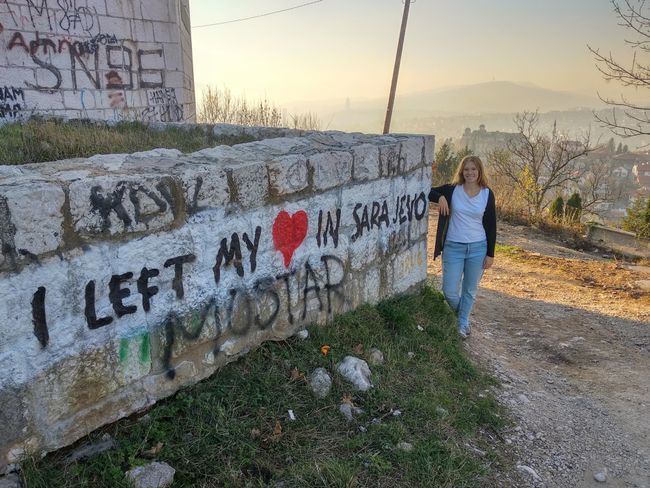
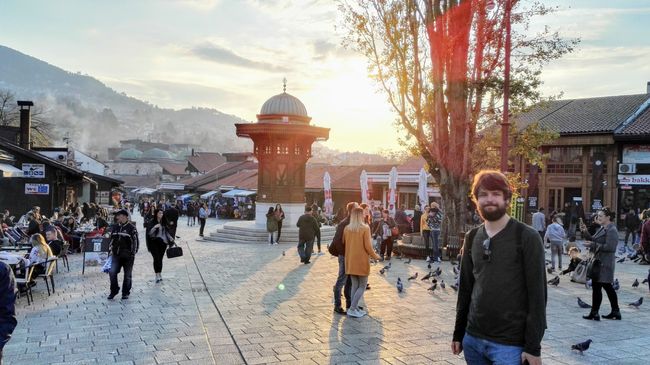
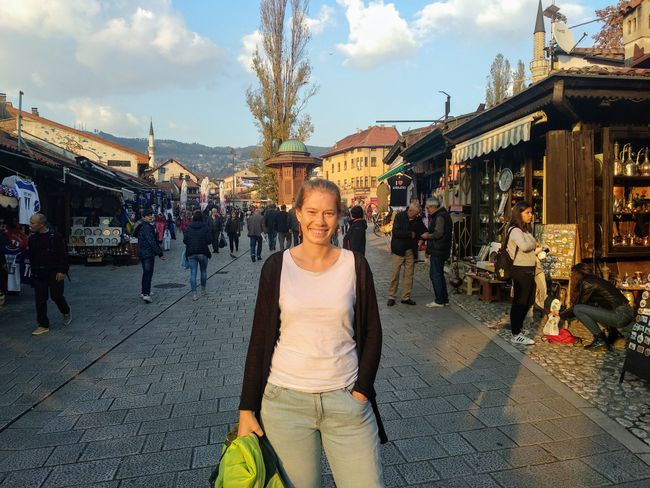
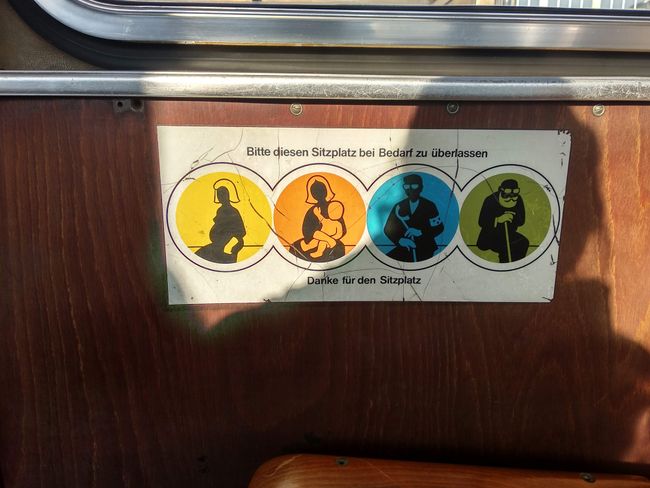
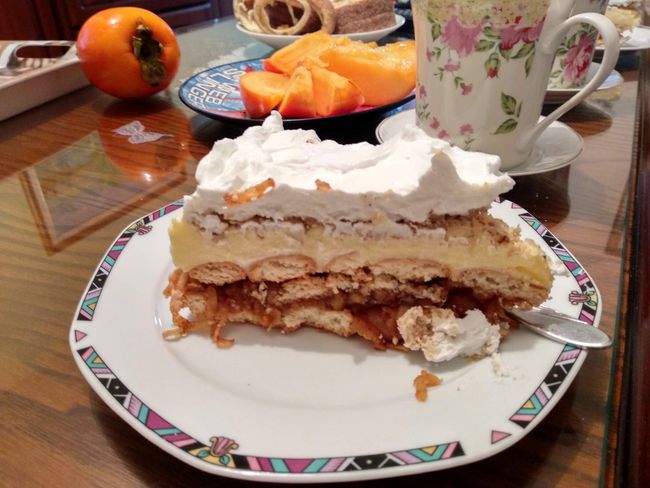
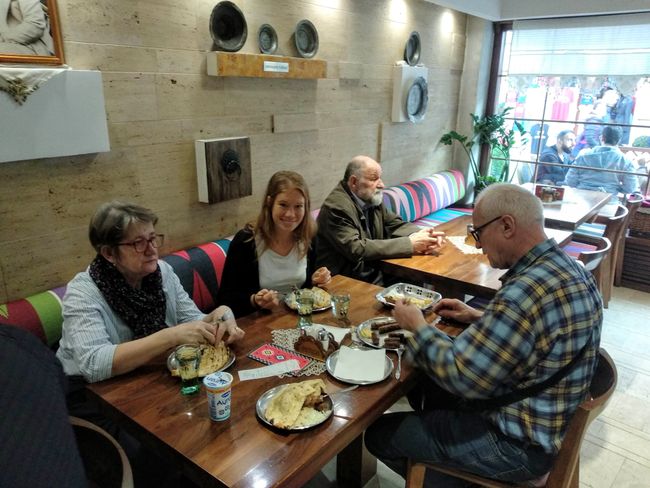
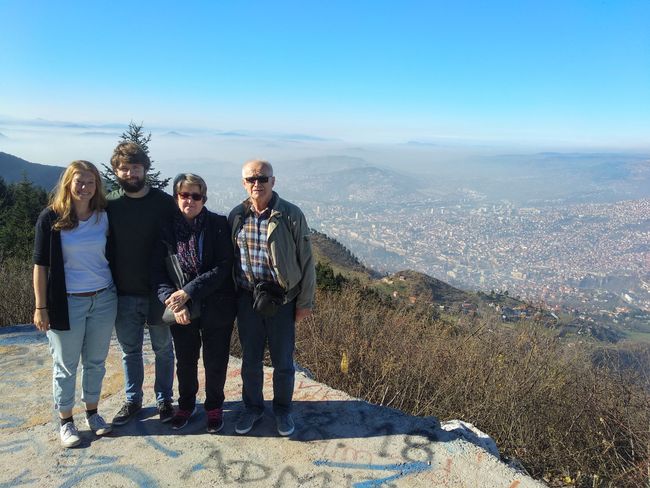
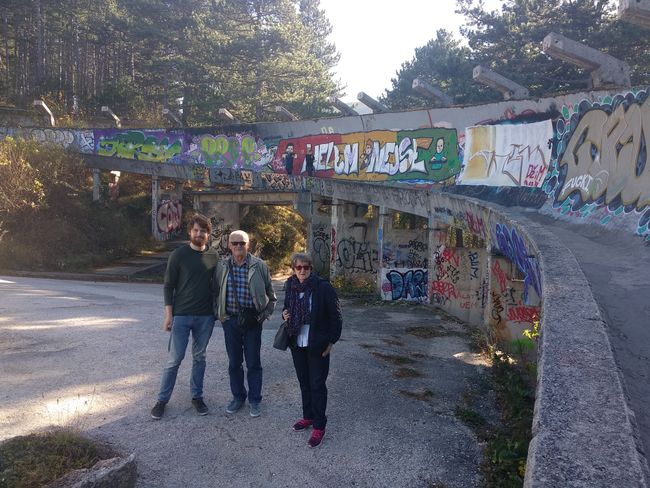
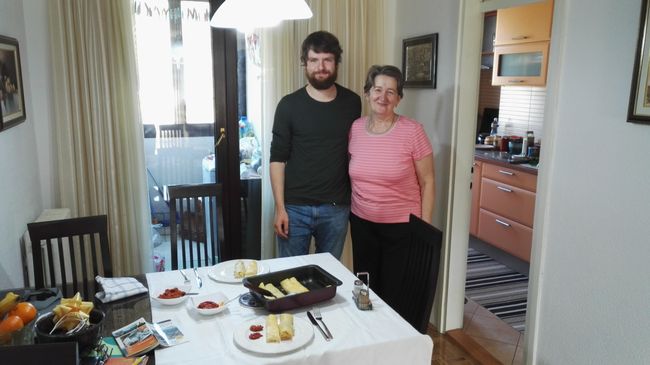
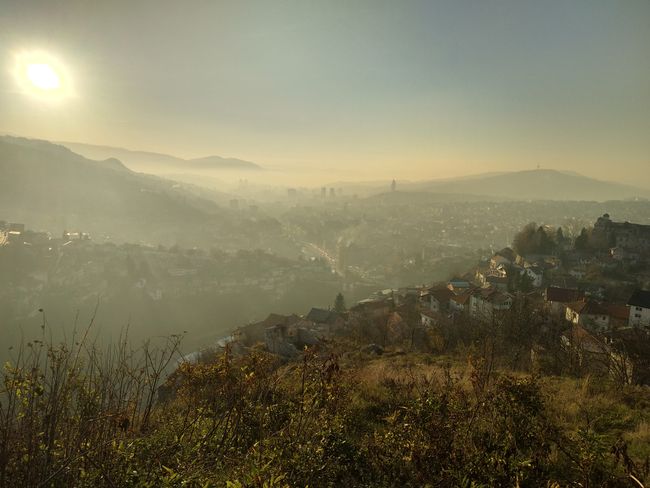
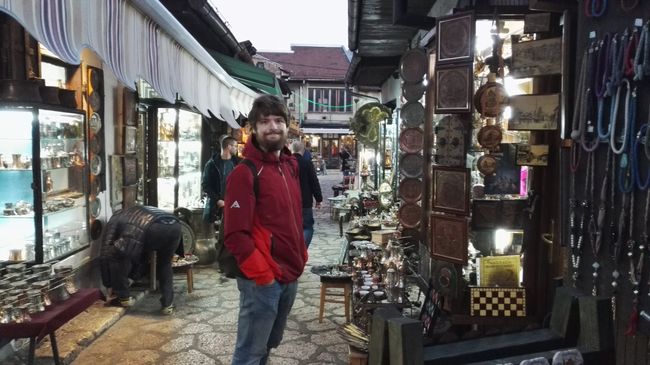
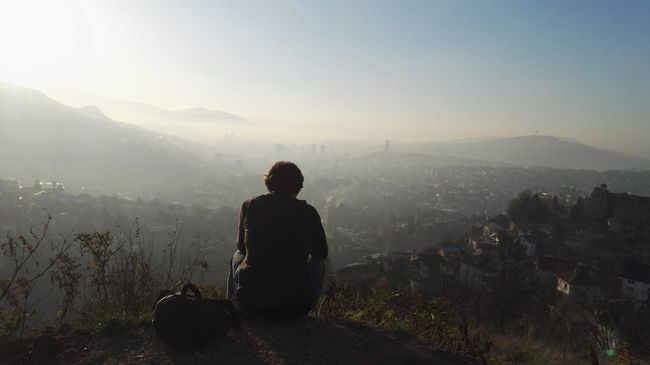
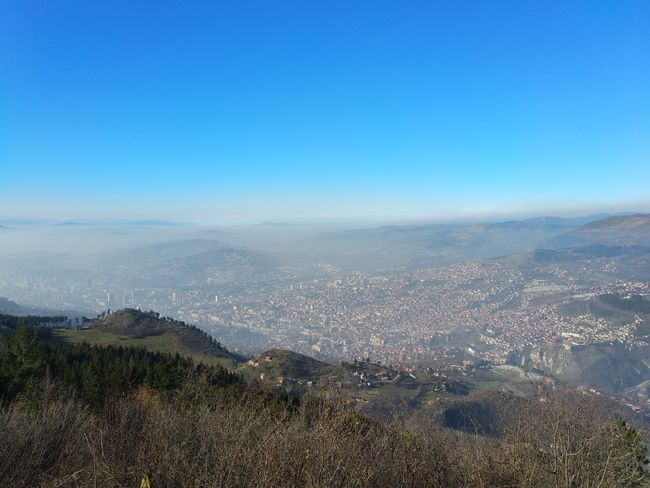
செய்திமடலுக்கு சந்தாதராகவும்
In the early morning, we took the train on a scenic route from Mostar to Sarajevo, the capital of Bosnia and Herzegovina. Already at the train station, we noticed that the atmosphere was different, it felt a bit like going back to the times of the German Democratic Republic: old decommissioned trains, smoky rooms, beige walls. However, Sarajevo is trendy and multicultural. Catholics, Orthodox Christians, Muslims, Jews, etc. live side by side in the city, and the city is visited by many tourists from East Asia. There are temples, mosques, and churches everywhere. The city is also marked by the war that lasted from 1992 to 1996, and Sarajevo was besieged and heavily fought over. Most buildings, however, have been rebuilt, but you can still see bullet holes from grenades and machine guns on the houses, which are sometimes sporadically boarded up. The people on the street are very friendly and helpful. We were lucky to stay with Refika and Ahmet for three days, who are acquaintances of Jakob's grandmother, and their daughter Aida lives in Furtwangen with her family. The days with them were a bit like couchsurfing, only that we were spoiled. We got to try many local specialties, all made by Refika. We had delicious cake, Bosnian coffee, pancakes, homemade ajvar/pindjur, juice, soup (and much more that we couldn't remember the names of) and the best breakfast we've had in a long time. The four of us took a trip to one of the surrounding mountains by car, where we had a beautiful view of Sarajevo and its surroundings and could visit the old bobsled track from the 1984 Olympic Games. In the city, we had the best cevapcici together. It was really nice of them to host us, and even though we were strangers to them at first, they treated us like friends. In the evenings, we listened to Bosnian songs and exchanged stories. Hopefully, we will see Refika and Ahmet again in Furtwangen when they come to visit their daughter.
At first, an unfamiliar outline on the map and a relatively random trip, we are even more impressed by the landscape, cities, and people in Bosnia and Herzegovina.
Miriam no longer feels like she's just on vacation, but has truly arrived on the journey. Jakob is diligently learning Croatian because the language is spoken not only in Croatia but also in Bosnia and Herzegovina, Slovenia, Serbia... Now we are looking forward to seeing Miriam's mother Heidi again and spending some sunny days with her in Dubrovnik by the sea.
செய்திமடலுக்கு சந்தாதராகவும்
பதில் (1)
Julia
Tolle Fotos! Cool, dass ihr auch so viel über die kultur kennenlernt :) 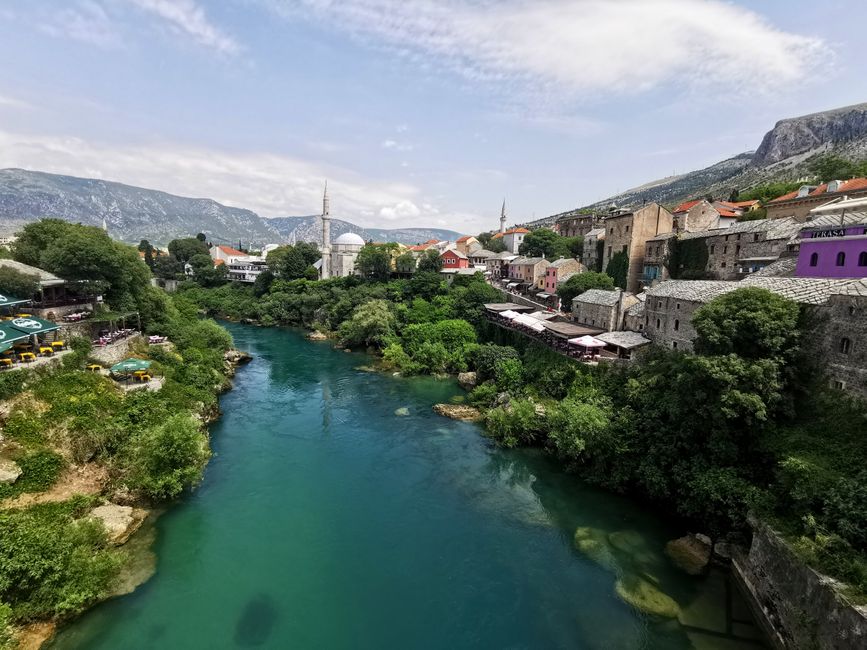
பயண அறிக்கைகள் போஸ்னியா மற்றும் ஹெர்சகோவினா
